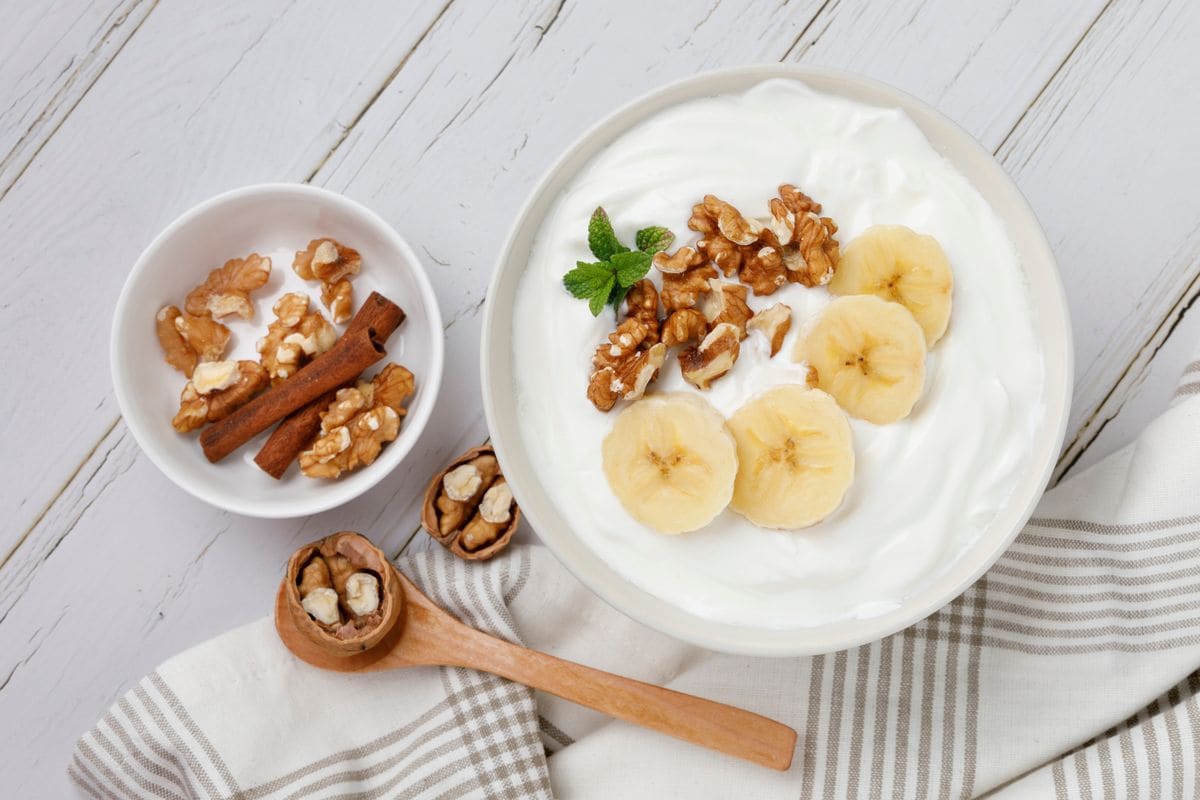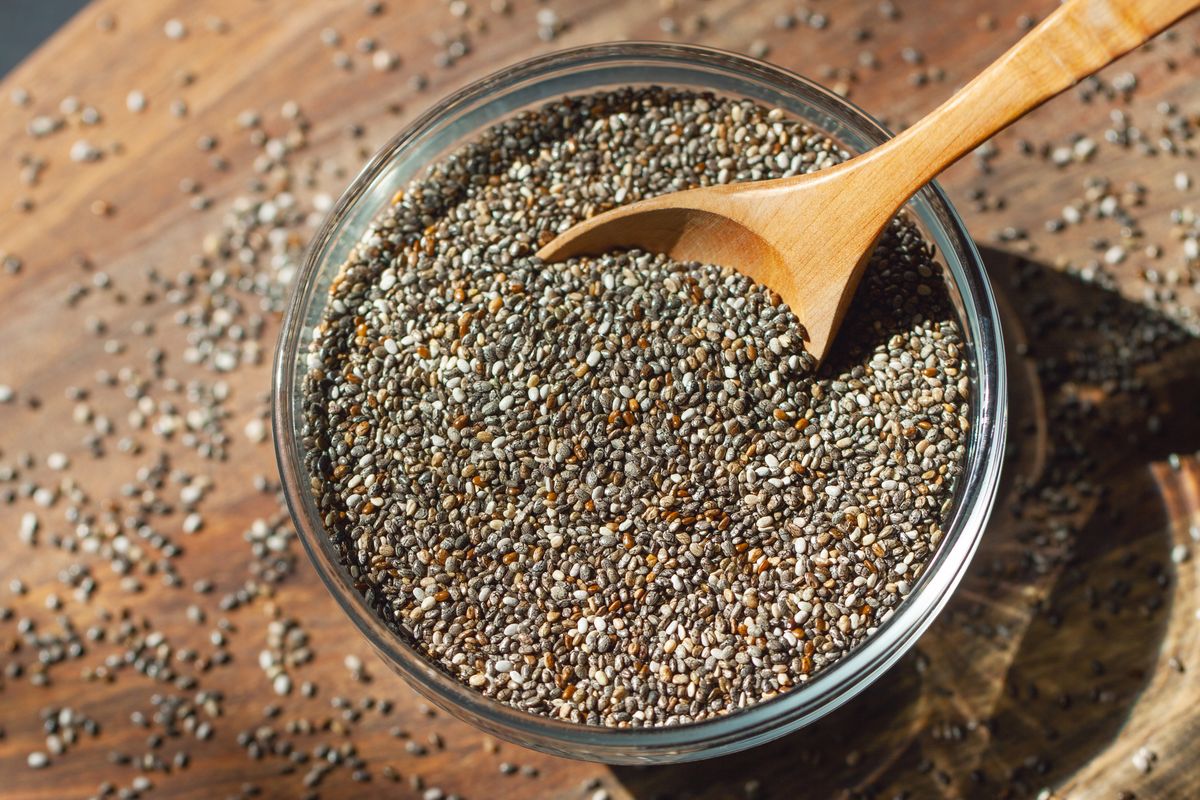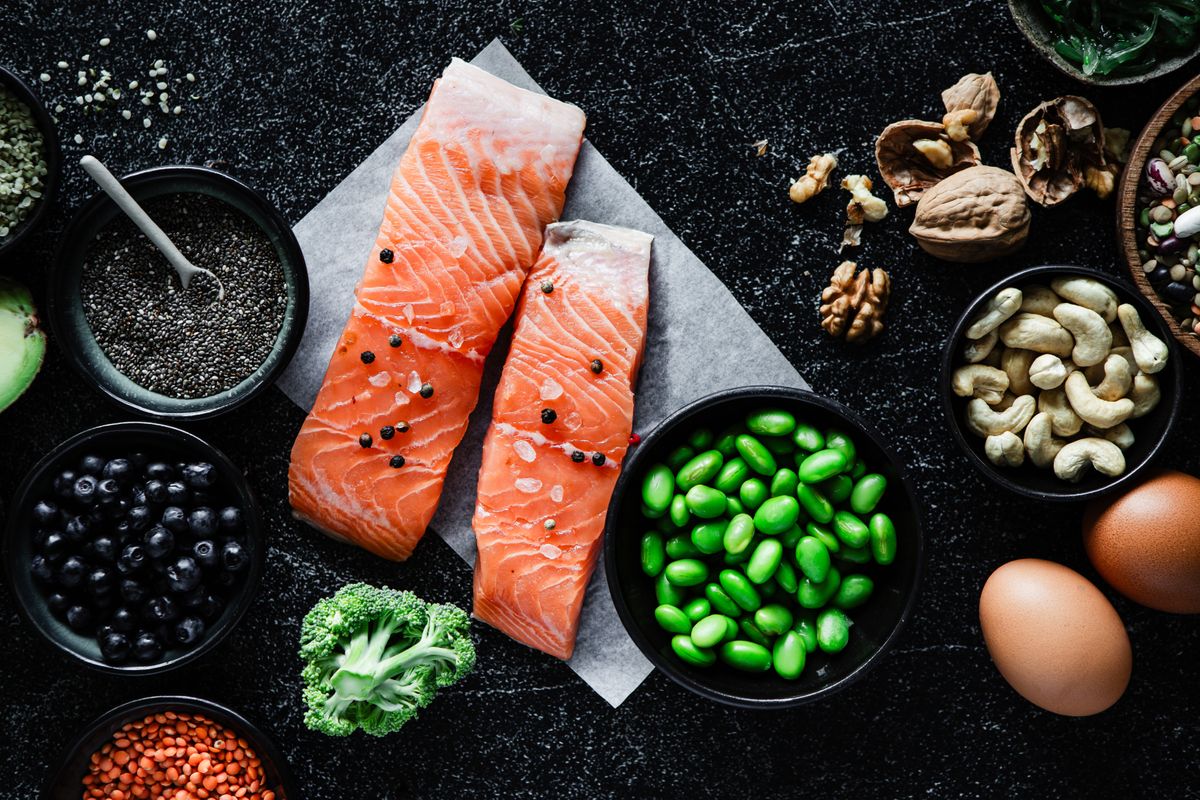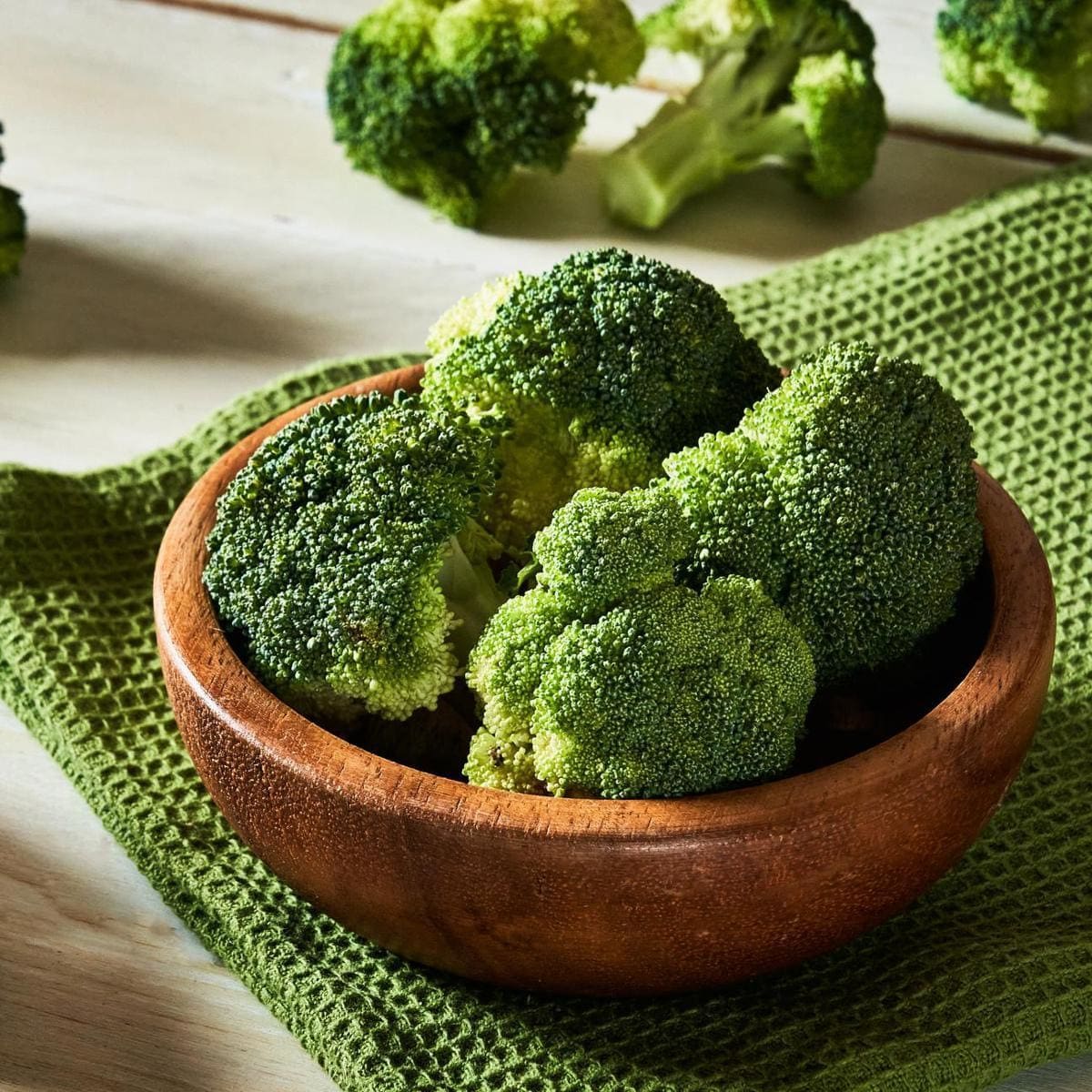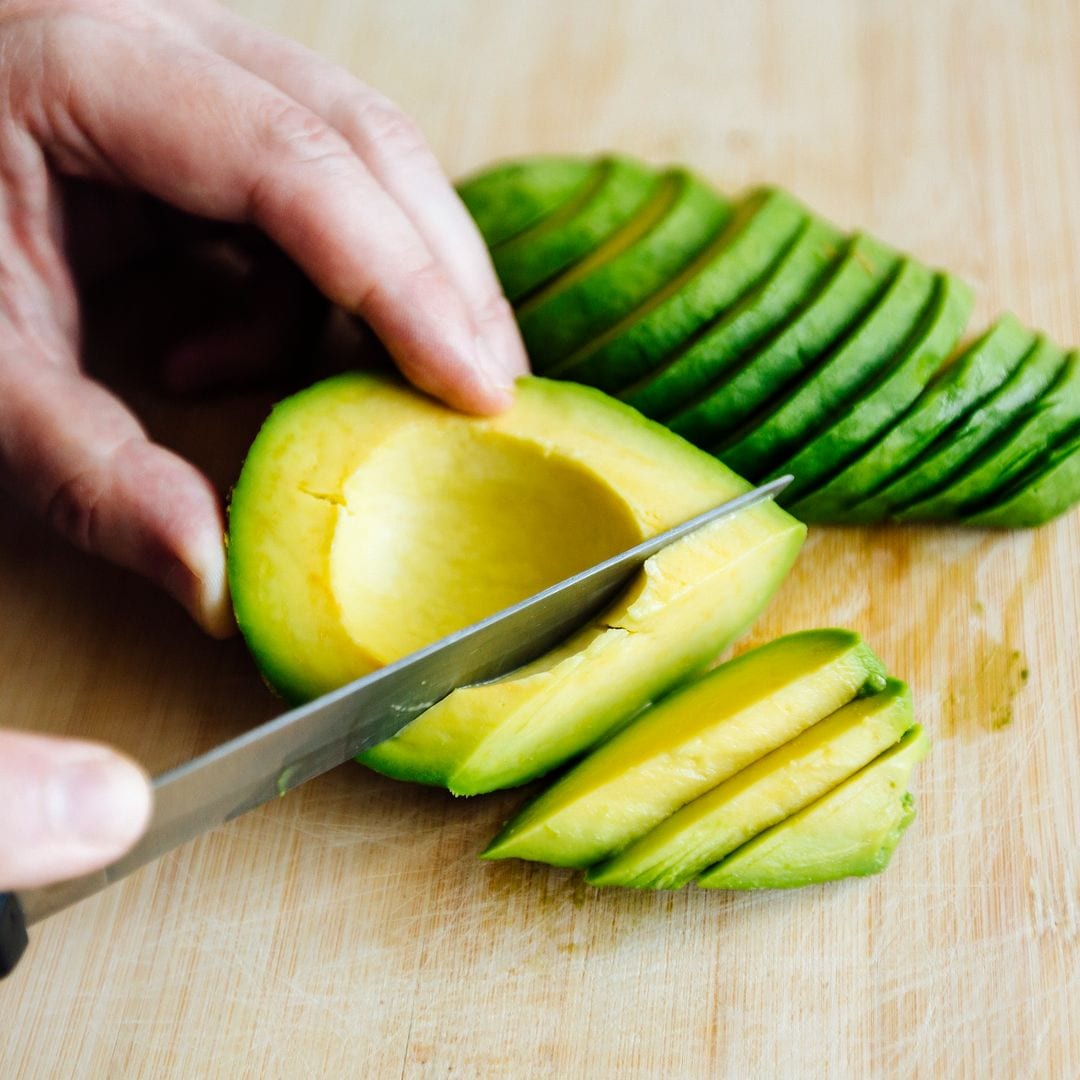Calcium is a key mineral in our functioning. The nutrient plays a key role in our bone health, influencing the way our teeth look and function, as well as our strength and muscles.
The mineral is one of the most pivotal, making up for most of our teeth and bones, thus playing a key part in our nerve health — responsible for transmitting information between your brain and your body — movement, and the structure and hardness in our bones.
What are the health benefits of calcium?
Most obviously, calcium plays a key role in bone health. The mineral is key in developing them, maintaining them, and more. In the case of women who are going through menopause, consuming the right amount of calcium is important since they have higher odds of developing osteoporosis.
Other benefits of calcium include playing a key role in blood clotting, muscle contractions, positive cardiac function, and, in the case of pregnancies, reducing the risk of preeclampsia.
Foods that are high in calcium
While calcium is a common element in multivitamins and supplements, it's also found in foods. Dairy products and veggies are the best sources of the nutrient, but it's also found in fish proteins. Adults should consume around 1,000 mg of calcium per day. Scroll down to learn more.
Yogurt
All dairy products are great sources of calcium, with yogurt providing 127 mg of calcium per 100 grams of yogurt.
Cottage cheese
Cottage cheese is a great source of protein and calcium, having around 83 mg of calcium per every 100 grams of it.
Figs
Dried figs are incredibly delicious, making for a great sweet touch to your savory meals or as a starting point for dozens of desserts. In the case of dried fruits, figs contain the highest amount of calcium, with a 100-gram serving of the fruit having around 162mg of calcium.
They're also a great source of Vitamin K and potassium.
Milk
Milk is the most traditional source of calcium, with every cup of whole cow's milk containing 306 mg of calcium.
Cheese
Half a cup of cheese contains almost 400 mg of calcium, becoming one of the most effective and delicious sources of the mineral.
Chia seeds
Chia seeds have become one of the most popular foods for important elements like protein, fiber, and even calcium, containing around 179 mg of calcium in a 2-tablespoon serving.
Sardines
Fishes like sardines and salmon are also great sources of calcium, especially If dairy is not a part of your everyday diet. Canned sardines are easy to find and economical, containing around 382 mg per every 100 mg serving.
Salmon
Salmon is one of the healthiest and most well-rounded foods in the world, providing you with healthy fats, a significant sum of protein, and calcium, containing 182 mg of it per every 3 ounces.
Tofu
Tofu is also a powerhouse of nutrients for vegetarians, vegans, and all types of people really. A half a cup of tofu contains around 434 mg of calcium, having almost half of your daily needs of it.
Kale
Kale is also a great option for vegetarians hoping to consume more calcium, containing 177 mg of it per cup.
Beans
Beans and lentils are a great source of calcium, serving as a good option for vegetarians or those who are trying to monitor their dairy intake. The amount of calcium varies depending on the types of beans, with the best sources of it being winged and cannellini beans.
Winged beans contain around 200 mg of calcium per 100-gram serving, while cannellini beans contain around 55 mg per 100 grams.
Broccoli
Lastly, broccoli is one of the easiest veggies to incorporate in your diet, containing 46 mg of calcium per every 100 grams.
,type=downsize)


